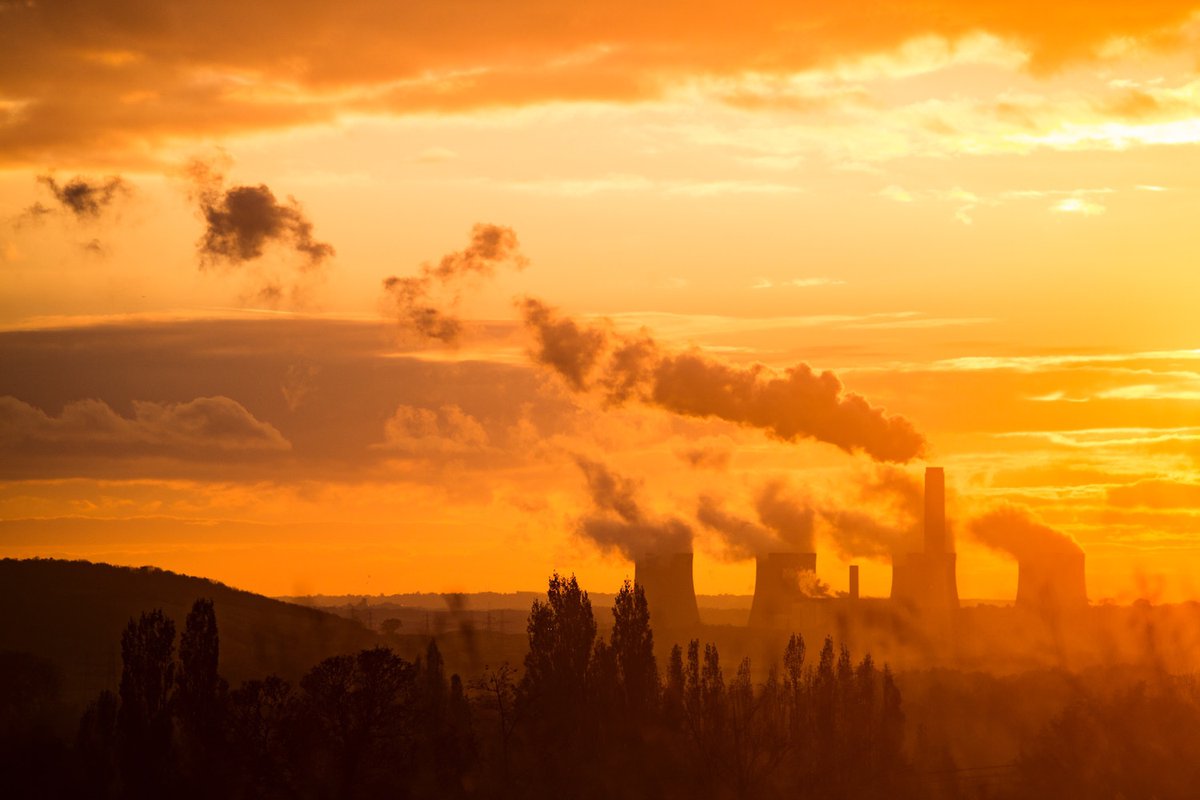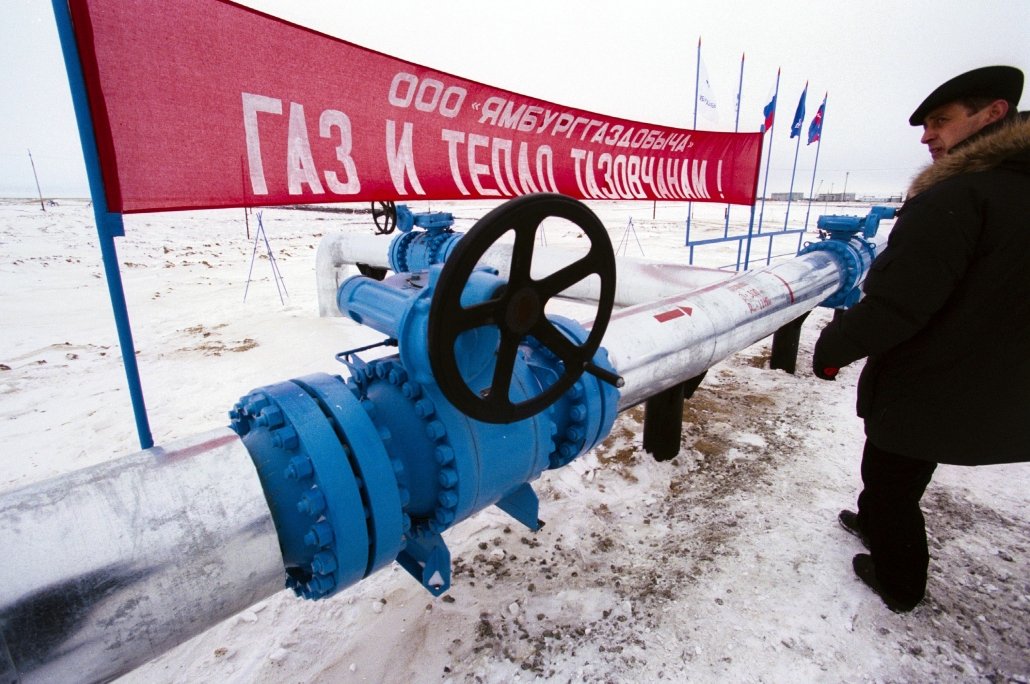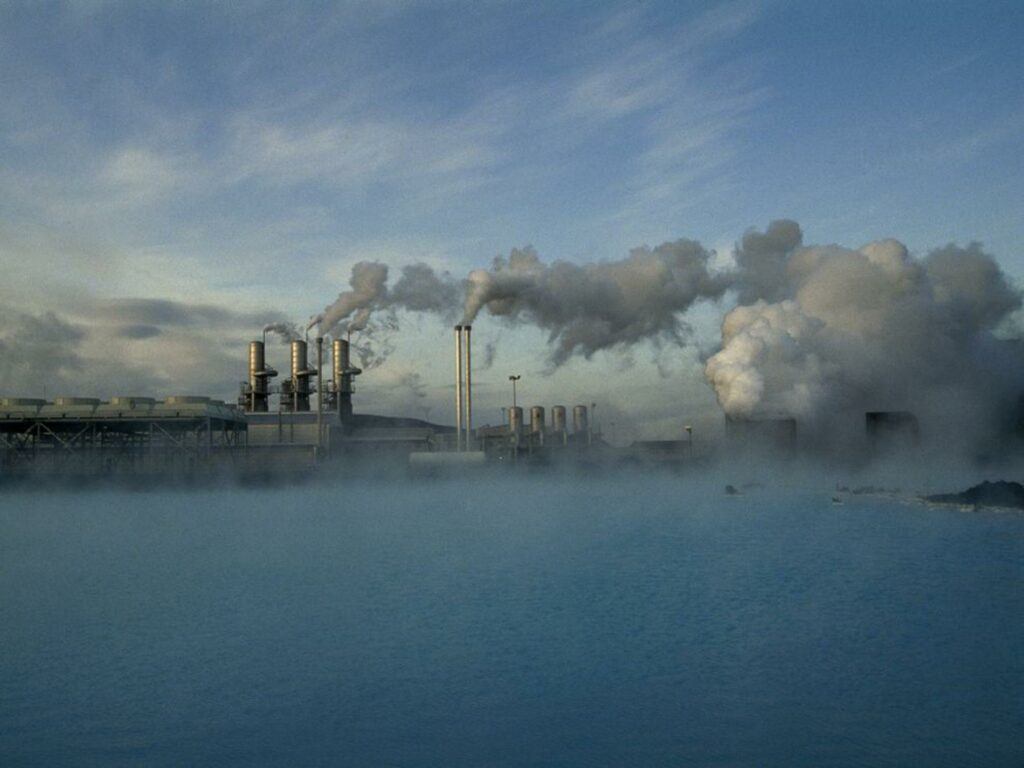Natural gas has been hailed as the solution to our energy problems on the one hand, and a potential environmental nightmare on the other. Although natural gas is the obvious choice as a replacement for highly pollutant fuels as a major energy source, there are several advantages and disadvantages associated with natural gas. There is no perfect energy source, and natural gas energy is no exception. This fuel has its disadvantages as well as advantages that will affect its future as an energy source.
In this article, we overview the disadvantages of natural gas. Read this new blog in Linquip to find out more.

How We Write this Blog Post about The Main Disadvantages of Natural Gas
The process of writing this blog post about the main disadvantages of natural gas entails research, consulting with experts, and drawing upon personal experiences. First, we conducted extensive research on the subject, scouring multiple webpages for reliable, trustworthy information. We read articles, watched informative videos, and consulted with energy experts to get a thorough understanding of the topic.
We found that natural gas is often overlooked as a major contributor to global warming, as burning it for energy releases carbon dioxide, a greenhouse gas that traps heat in the atmosphere. Additionally, natural gas extraction and transportation can cause environmental damage through the release of methane, a more potent greenhouse gas.
However, we also found that natural gas is still widely used as a fuel source in many parts of the world, and that it is relatively clean and efficient compared to other fossil fuels. It is also a versatile and flexible fuel that can be used for a variety of purposes, from heating homes to generating electricity.
Ultimately, we believe that the main disadvantages of natural gas are its contribution to climate change and the potential for environmental harm. We recommend that readers consider this information when making decisions about energy usage and adoption of new technologies.
What is Natural Gas?
An example of a fossil fuel is natural gas, which may be utilized for electrical production, heating, and cooking. Vehicles can also be fueled with this nonrenewable fuel. Natural gas is created when decomposing plants and animals are subjected to extremely high temperatures and pressure while submerged under the earth’s surface for an extended period (about a million years).
Natural gas is colorless and odorless, has a high concentration of methane, and includes only a small number of other hydrocarbons. It is one of the most commonly utilized energy sources in the world since it is easily flammable.
Features of Natural Gas
Environmentalists and ecologists have been describing the characteristics of natural gas for decades. The following are some notable characteristics of natural gas:
- Natural gas is readily accessible and plentiful since it comes from the environment.
- Because of the high levels of methane in natural gas, it is very combustible.
- Natural gas has no flavor, no taste, and no odor.
- Natural gas is lighter than air because it has a density that is lower than that of air. Hence, it can quickly evaporate into the air in the event of a breach.
- Natural gas’s high methane and low carbon content make it less corrosive.
Sources of Natural Gas
The earth’s surface is mined for natural gas. It is created by the underground decomposition of plants and animals. Natural gas is abundantly present in specific types of rock formations on the earth; thus, professionals search for these features while harvesting natural gas. Researchers utilize sound wave-detecting technologies and gravitational pulls to determine the region where natural gas is abundant and accessible.
After the location is found, specialists drill wells all around the area for a depth of around 6,000 feet and then utilize pipes to retrieve the gas. The gas is then treated and made suitable for usage in power plants once it is extracted.
What are the Disadvantages of Natural Gas?
- Toxic Nature
- It is Highly Inflammable
- It is a Non-Renewable Source of Energy and will eventually die out
- Polluting Water and Earth
- Greenhouse Gas Emissions
- Leakage
- Relatively Expensive Storage
- Costly Pipelines
- Long Processing Process
- Impurities
- It is Difficult to Harness
- Growth in Terrorism and Violence
- It is Less Suitable for Dense Metropolitan Areas
Toxic Nature
Natural gas can be poisonous. Inhaling large quantities of gas is very unhealthy. Methane is asphyxiant. Which means that it takes away all your oxygen and causes death.
Highly Inflammable
Natural gas is a highly flammable substance that can cause significantly more damage should there be an accident. Natural gas leaks can cause fire or explosion if not handled carefully. It is colorless, tasteless, and odorless and cannot be detected by smell unless an odorant is added to it. Because natural gas is highly combustible, mishandling can lead to bad explosions. The main problem with natural gas is that it is odorless, and leaks cannot be detected unless some odorant has been added to it.
Non-Renewable Sources of Energy will Eventually Deplete
Like other sources of fossil fuel energy, natural gas energy is going to deplete eventually and does not form a sustainable answer to mankind’s energy questions. While the current large discoveries have made natural gas cheap, these will also become empty.
Pollution of Water and Earth
Hazards associated with natural gas production and drilling are not as well-known as with other fossil fuels, and regulations have not kept pace with production. Natural gas leads to air pollution as some gas escapes into the air and it’s not possible to capture all the natural gas that is released. This pollution as one of the most important disadvantages of natural gas has raised huge concerns for causing toxicity to nearby water, drinking water, human health, animals, and ecosystems.
Greenhouse Gas Emissions
Natural gas does contribute to greenhouse gases if it is burnt under inappropriate conditions, and it is inevitable. It is more environmentally friendly than other fossil fuels and produces fewer greenhouse emissions than its counterparts because it burns cleaner, but natural gas still pollutes the environment.
Leakage
Natural gas leaks are very dangerous. Even though it is lighter than air and can disperse easily, a big danger with natural gas is that since it is colorless, odorless, and tasteless, should it start leaking, detection of the leak is very hard.
Relatively Expensive Storage
Even though natural gas is easier to store and transport than other fossil fuels, it has one big storage disadvantage. Its volume happens to be four times as big as petrol volume. Because of this, natural gas storage is much more expensive since more storage space is needed.

Costly Pipelines
Natural gas requires pipelines for transport and other purposes. It is transported long distances through expensive pipelines secured by expensive systems, and any pipeline leakage leads to extra running costs. The major problem with using pipelines is that they are too costly and very difficult to maintain. This is because they have to be laid underground. Leakage and pilferage must be checked regularly. The transportation of natural gas through land and sea requires specialized tanks which are not cheap.
Long Processing Process
As natural gas has other components that have to be removed before using it for residential or commercial purposes, it takes a lot of time and manpower to process it and this process raises the complexity and the cost of natural gas production.
Contains Impurities
After refinement and compression, the natural gas formed from biomethane still contains impurities. If the generated biofuel was utilized to power automobiles, it can corrode the metal parts of the engine. This corrosion would lead to increased maintenance costs. The gaseous mix is much more suitable for kitchen stoves, water boilers, and lamps.
Can be Difficult to Harness
To use natural gas, all of the components except methane, have to be extracted. This results in several byproducts such as hydrocarbons (ethane, propane, etc.), sulfur, water vapor, carbon dioxide, and even helium and nitrogen.
Growth in Terrorism and Violence
Natural gas is drilled in some areas like middle eastern and African countries. Colonialist countries give rise to violence and growth in terrorism by despoiling this energy source, and the money goes into the hands of despots who amass trillions of dollars with this fuel.

Less Suitable for Dense Metropolitan Areas
One of the disadvantages of natural gas is that industrial biogas plants only make sense where raw materials are in plentiful supply (food waste, manure). For this reason, the natural gas formed from biomethane is much more suitable for rural and suburban areas.
Despite the disadvantages, it is remarkable that the entire cycle of producing, processing, transporting, and using natural gas provides us with a total energy efficiency of almost 90%. It is by far the best choice among fossil fuel energy sources in all aspects. You may wonder What are the advantages of natural gas. We have overviewed this in our previous articles.
So, there you have a list of the cons of natural gas. If you enjoyed this article in Linquip, let us know by leaving a reply in the comment section. Is there any question we can help you with? Feel free to sign up on our website to get the most professional advice from our experts.
FAQs about The Main Disadvantages of Natural Gas
Does natural gas affect the environment negatively?
Even though natural gas may be a commercial success, it nevertheless plays a significant role in climate change, water pollution, and air pollution.
Which is not an advantage of natural gas?
These are a few potential drawbacks to think about: Since it is flammable, natural gas must be handled cautiously. Natural gas is not a renewable energy source like other fossil fuels. Natural gas produces greenhouse gases.
Does natural gas affect health?
The American Lung Association states that another result of natural gas is nitrogen dioxide (NO2), an atmospheric pollutant that can worsen asthma episodes, aggravate other respiratory conditions, and impair lung function.
Does natural gas affect human health?
According to recent research, the Greater Boston area’s natural gas used in houses includes varied amounts of volatile organic compounds, which when released are known to be hazardous, connected to cancer, and can create additional health-damaging pollutants, including particulate matter and ozone.
Download The Main Disadvantages of Natural Gas PDF
You can download this article as a PDF so that you can access it whenever you like.
linquip. com-The Main Disadvantages of Natural Gas Guide in 2023
Watch Videos about The Main Disadvantages of Natural Gas
For more information about The Main Disadvantages of Natural Gas, watch this video about The Main Disadvantages of Natural Gas.
Buy Equipment or Ask for a Service
By using Linquip RFQ Service, you can expect to receive quotations from various suppliers across multiple industries and regions.
Click Here to Request a Quotation From Suppliers and Service Providers
Read More In Linquip
- Quick Guide: Advantages Of Natural Gas
- Is Natural Gas Renewable: A Clear Answer
- Hydrogen Gas Turbine: All You Need to Know
- Is Natural Gas Renewable: A Clear Answer
- Advantages and Disadvantages of Biogas: A Complete Guide
- What is Mixed Flow Turbine? Basics, Advantages, and Applications
- What is Boiling Water Reactor? Advantages, and Disadvantages
- What are the Disadvantages of Nuclear Fusion?
- Biofuels Advantages and Disadvantages
- What are the Disadvantages of Fossil Fuels?
- Advantages of Fossil Fuels
- Fuel Cells Advantages and Disadvantages: All You Should Know About
- Nuclear Power Advantages and Disadvantages: Comprehensive and Well-developed
- Disadvantages of Tidal Energy: A Detailed Guide
- Advantages of Solar Energy and Why You Should Switch Into Solar Panels
- Top 10 Solar Panel Companies and Manufacturers in the US



